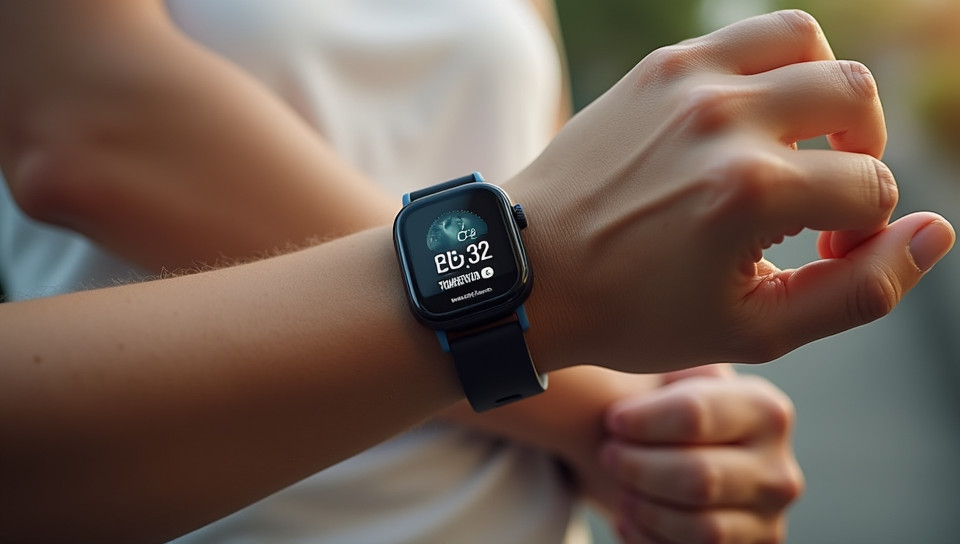Over-reliance on fitness trackers can lead to unhealthy habits 70%

The Dark Side of Fitness Tracking
In recent years, fitness trackers have become an integral part of many people's daily lives. With their sleek designs and feature-rich interfaces, it's easy to see why they've become so popular. However, a growing concern is emerging among health experts: over-reliance on these devices can lead to unhealthy habits.
The Problem with Over-Reliance
When we rely too heavily on fitness trackers, we start to measure our self-worth by the numbers they display. We compare ourselves to others, striving for perfection in our step counts, calorie burns, and sleep quality. This can create a culture of competition rather than collaboration, where people feel pressured to push themselves beyond what's healthy.
The Negative Impact on Mental Health
The pressure to perform can take a toll on mental health. Anxiety and depression have been linked to excessive exercise, as individuals feel compelled to meet their daily goals at all costs. Furthermore, the constant tracking and monitoring can create a sense of hypervigilance, making it difficult for people to disconnect from their devices and relax.
The Dangers of Over-Exertion
Over-reliance on fitness trackers can also lead to over-exertion. When we're obsessed with reaching our daily goals, we may push ourselves too hard, leading to injuries or burnout. This can be especially true for individuals who are new to exercise or have underlying health conditions.
The Importance of Balance
So, what's the solution? It's time to strike a balance between tracking our fitness and living in the moment. We need to remember that fitness is about more than just numbers – it's about feeling good, being healthy, and enjoying life.
- Here are some signs you may be over-reliant on your fitness tracker:
- You feel anxious or stressed when you miss a day of tracking
- You compare yourself to others based on your fitness data
- You push yourself too hard to reach your daily goals
- You neglect other aspects of your life, such as relationships and work
Taking Back Control
It's time to take back control of our health and fitness journeys. We need to remember that fitness trackers are tools, not dictators. By using them in moderation and focusing on overall well-being, we can create a healthier relationship with exercise and technology.
Conclusion
In conclusion, while fitness trackers have the potential to be powerful tools for tracking our progress, over-reliance on them can lead to unhealthy habits and a negative impact on mental health. By being aware of these risks and striking a balance between tracking and living in the moment, we can take back control of our health and fitness journeys. It's time to rethink our relationship with fitness trackers and prioritize overall well-being above all else.
- Created by: Viraj Patel
- Created at: Aug. 25, 2024, 1:08 a.m.
- ID: 8328





